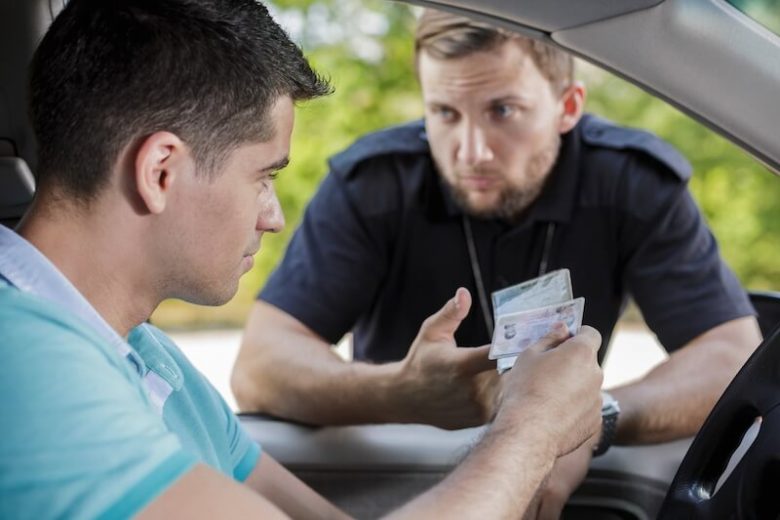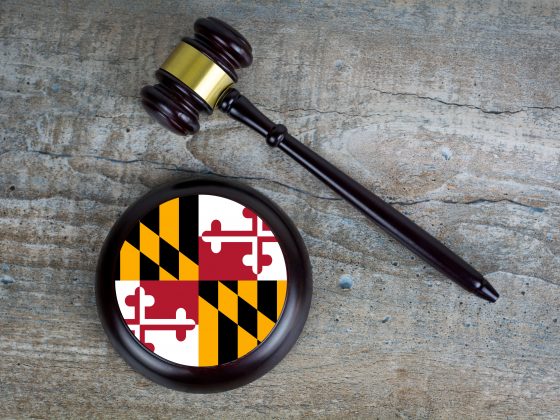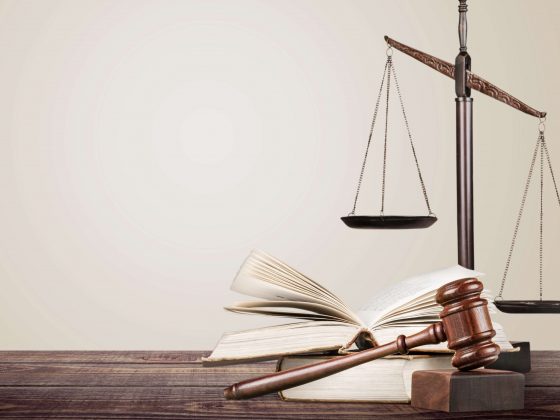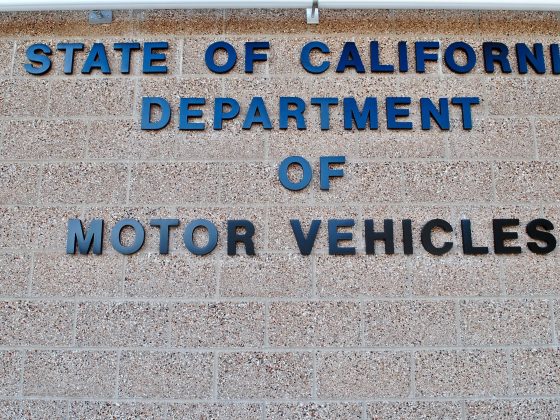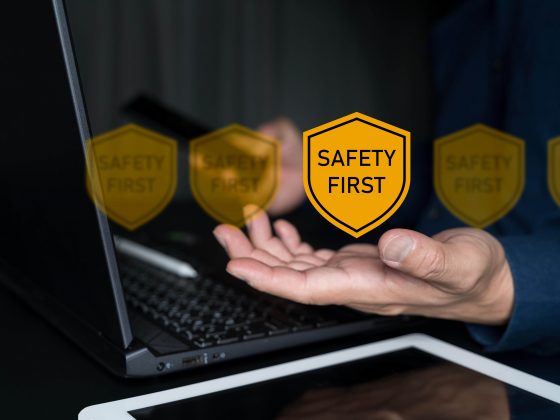A traffic citation and a traffic ticket are for the most used interchangeable terms. There are various types of citations including penalty vs. warning, moving vs. non-moving and criminal vs. non-criminal.
Use eTags© to Quickly Complete Your DMV Service. Renewals, Title Transfers and More, All Online!
When it comes to speeding, if an officer pulls you over they’ll explain why and may even tell you how fast you were going. You’ll have to sign and accept the ticket, but your signature doesn’t count as admission of guilt. You’re only agreeing to pay the speeding ticket fines or dispute it in court.

Speeding laws fall into three categories
Speeding was a factor in 26% of all traffic fatalities in 2018, killing 9,378…an average of over 25 people per day. Depending on the state, one of three possible speed limits laws may be in place in a given jurisdiction, including presumed, basic, or absolute speed limits.
• Under basic speeding laws, you can be cited for driving too fast in light of the conditions at the time, although your speed is beneath the posted speed limit. You can also be cited for driving too slowly compared to traffic flow. In other words, these types of basic speeding laws allow an officer to cite drivers maintaining a speed that’s unsafe or hazardous.
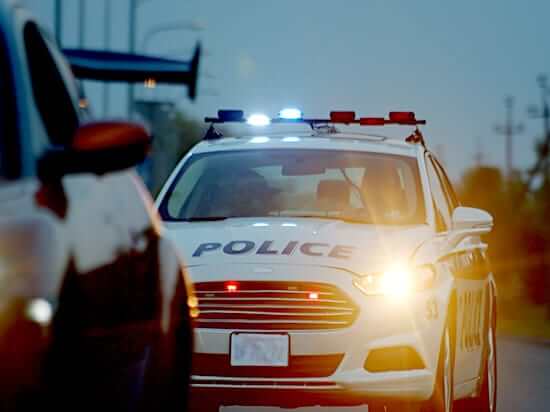
• Under presumed speeding laws, you’re only “presumed” or believed to be speeding. If you can prove in court that your speeding was reasonable, safe, and prudent, you’ll probably be found not guilty. This is regardless of the posted absolute speed limits.
Written warning, fines/penalties, and criminal violations
If you only get a warning from an officer, there’s nothing else you need to do. If your ticket involves a fine or penalty, it’s crucial to pay those in time, and by the deadline set. Not doing so can lead to higher fines and other consequences. If you plead non-guilty, you can contest the court.
See Also: Tips To Improve Your Defensive Driving Skills Every Day
For a criminal violation, you have to attend an arraignment to hear the charges against you. Remember to take notes about the incident. Time, location, name of officer, what was said to you, posted limit signs, even condition of traffic signs around you.
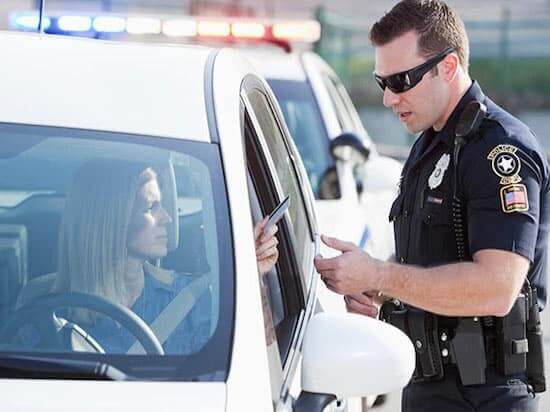
If you’re pulled over for speeding, try not to say much just answer the officer’s questions politely. You can even calmly plead your case before they write your ticket. They may ask you tricky questions such as what’s the posted speed limit. But you can also ask question, such as how the officer how they determined that you were speeding.
If you’re over the speed limit by 30 miles or got a ticket for reckless driving, you may have to go to court. In this case, you may be able to ask for mitigation negotiation before your court date and admit to the violation, but the speeding ticket won’t affect your driving record. Mitigation is also your chance to ask for leniency and let the judge know why you deserve it.

